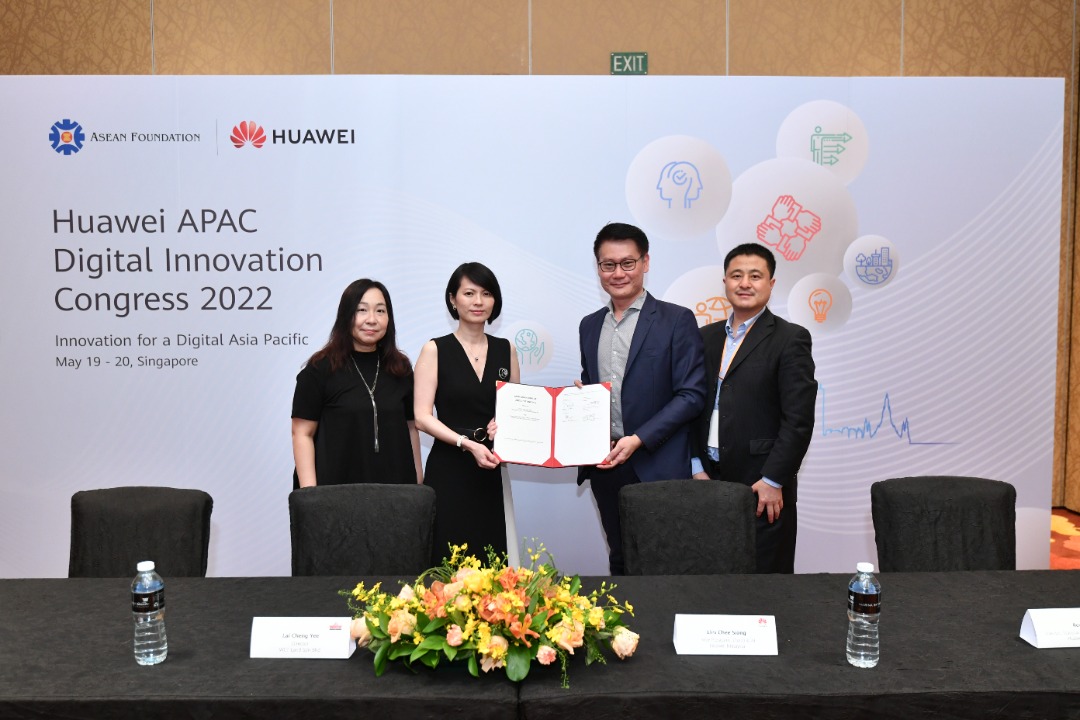ARTIFICIAL intelligence (AI) is perhaps an untapped gem that the Malaysian real estate sector should leverage upon to lift the sector out of its current overhang situation.
At a more rudimentary level, AI has proven helpful in enabling real estate professionals to access property values, debt levels, home renovations or even some of homeowner’s personal information in the blink of an eye.
Set against such backdrop, Fitch Solutions Country Risk & Industry Research reckoned that the recent tie-up between WCT Holdings Bhd and Huawei Technologies (M) Sdn Bhd to develop digital transformation solutions and AI-enabled (AI) business models for WCT Land Sdn Bhd’s real estate development in Malaysia is exemplary in the wider context of the Malaysian real estate sector.
The collaboration with Huawei will see both companies working together to explore opportunities in developing smart and sustainable digital solutions to enhance WCT Land’s portfolio of real estate development projects, particularly its retail malls and residential development.
“By leveraging Huawei’s capabilities on an open data platform using cloud computing and AI, WCT Land can improve on its operational efficiency and product innovation, offering more value-added products and services to its customers,” Fitch Solutions pointed out in a commentary on the Malaysia property sector.
“The partnership is also aligned with WCT Land’s commitment to creating sustainable growth and long-term value for customers and investors.”
Previously, WCT Land had undertaken various sustainability initiatives such as leveraging the use of natural light in the projects, installing digital meters for monitoring energy use, and installing rainwater harvesting systems for city projects.
The partnership with Huawei is expected to enhance WCT Land’s sustainability agenda, particularly with Huawei’s use of solar technology leveraging AI and cloud computing to optimise power usage.
“Finally, we believe that the partnership supports Malaysia’s drive towards sustainability and accelerating green infrastructure as outlined in the 12th Malaysia Plan (12MP) in 2021,” noted the research house.
“Several key targets and strategies that have been announced to de-carbonise the energy sector as part of the plan include a carbon neutrality target by 2050 as well as an increase in solar, biomass and biogas to account for 31% of the total installed capacity by 2025.”
While it acknowledges downside risks in the current oversupply situation in the housing market and the introduction of new government measures to curb speculation in the property market, Fitch Solutions believes there are still significant opportunities ahead for real estate developers in Malaysia.
This given Malaysia is currently seeing a steady growth in its property market after having overcome the shock of the COVID-19 pandemic.
According to the National Property Information Centre (NAPIC), the local property market performance picked up in 1H 2021 by recording a total of 139,754 transactions worth RM62.01 bil or an increase of 21% in volume and 32.1% in value from 1H 2020.
Moreover, the country’s Economic Transformation Programme’s targets to provide housing for 1 million new residents in the Greater Kuala Lumpur/Klang Valley area.
“Moving forward, we expect more companies in the real estate industry to follow in WCT Land’s footsteps to enhance their digital services to incorporate sustainability,” added Fitch Solutions. – May 31, 2022









